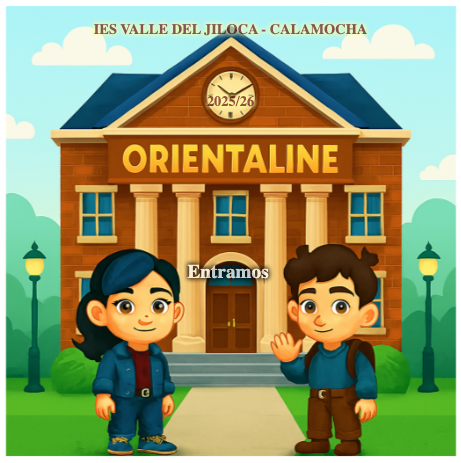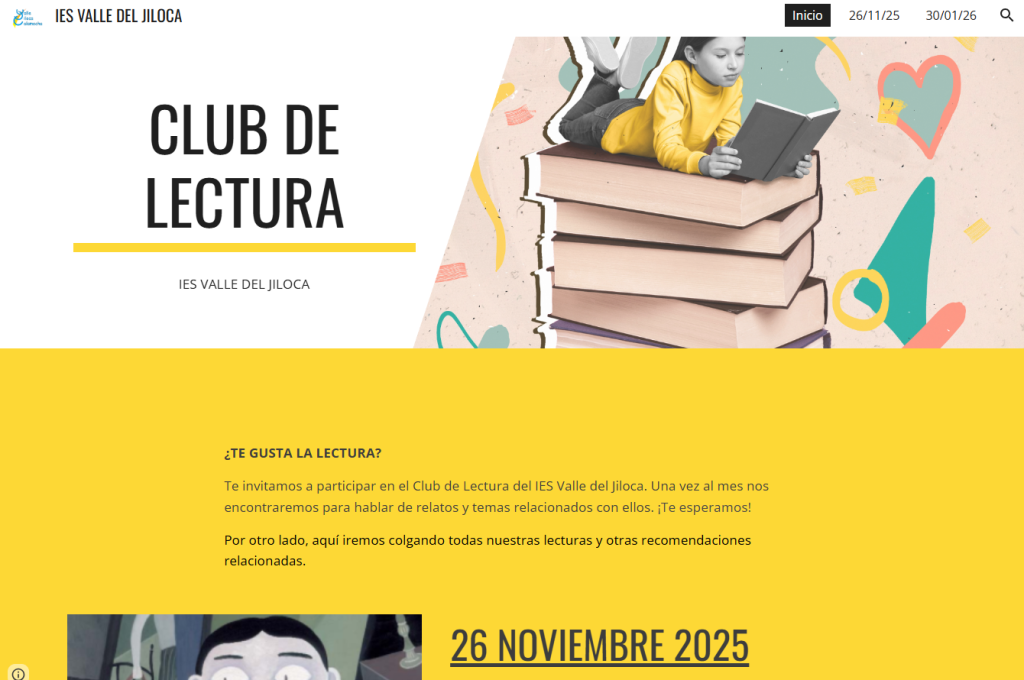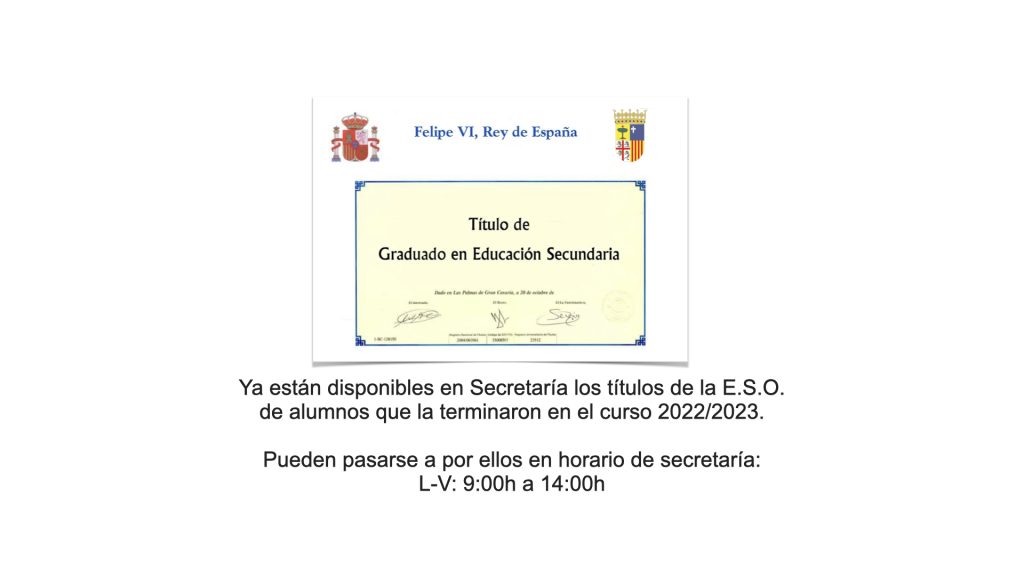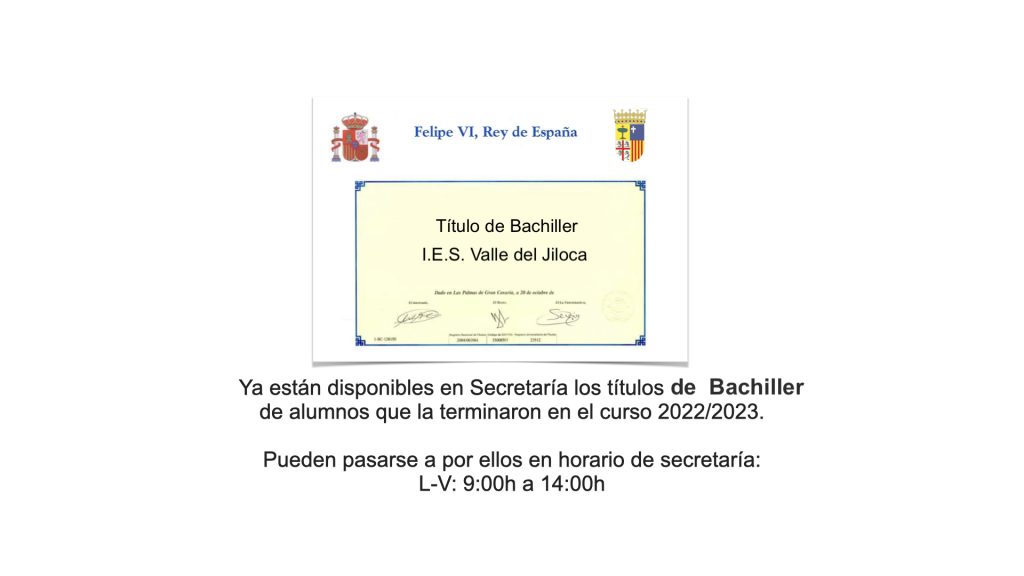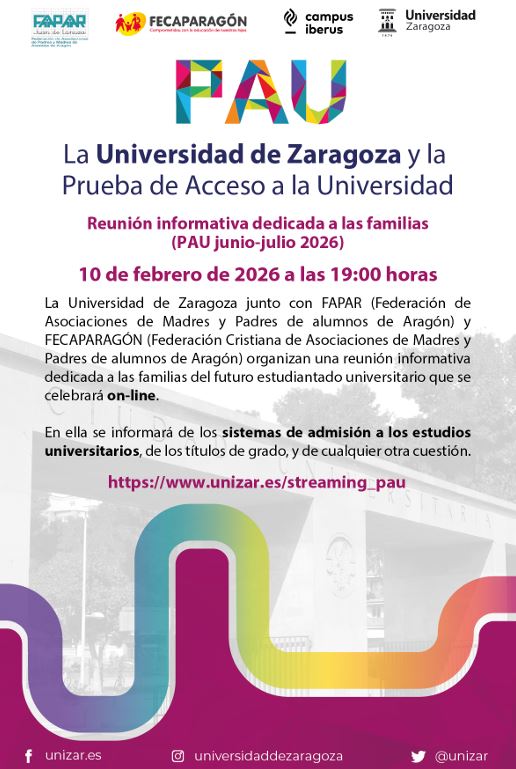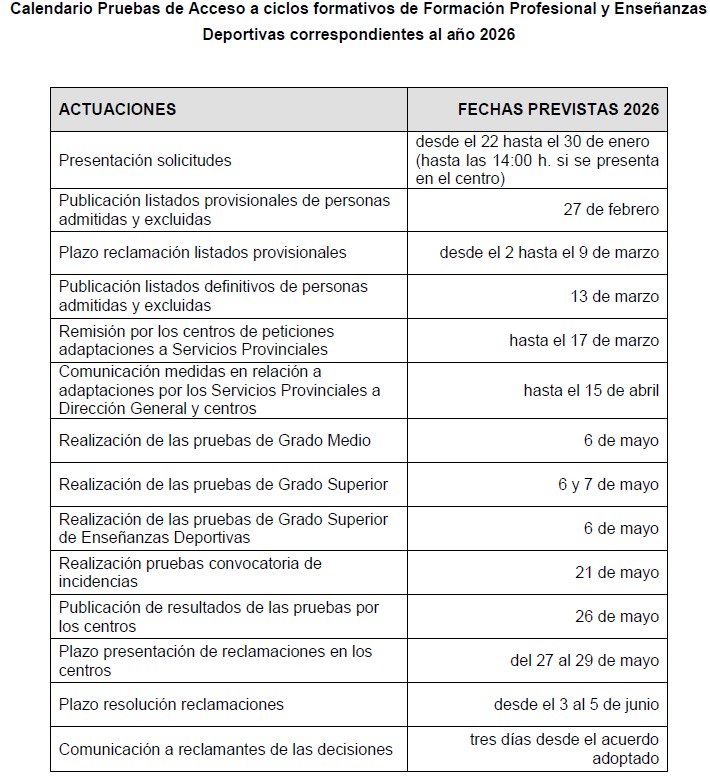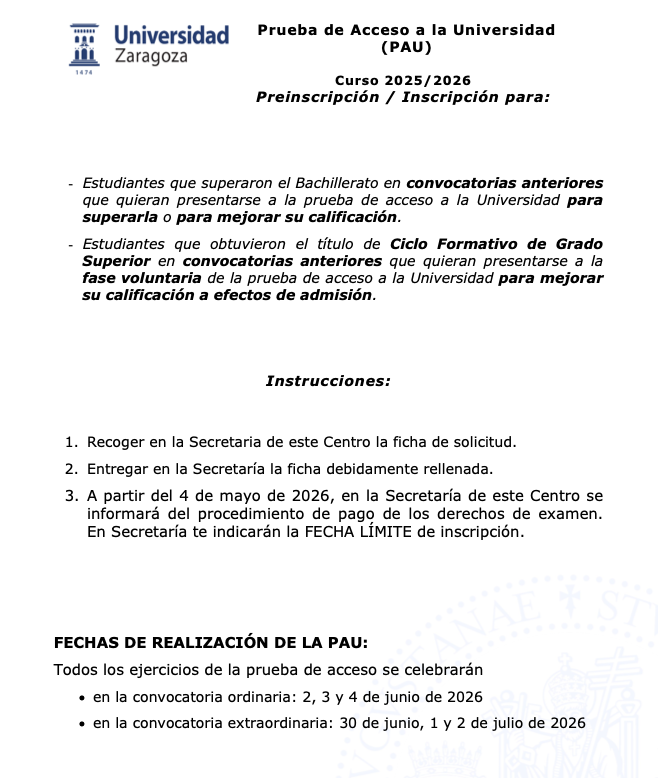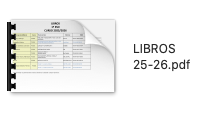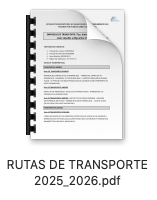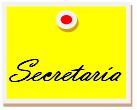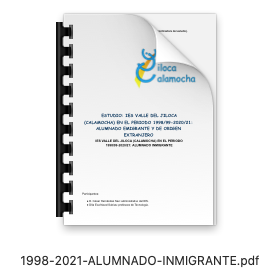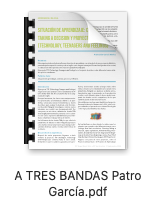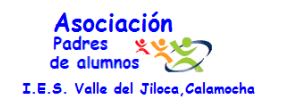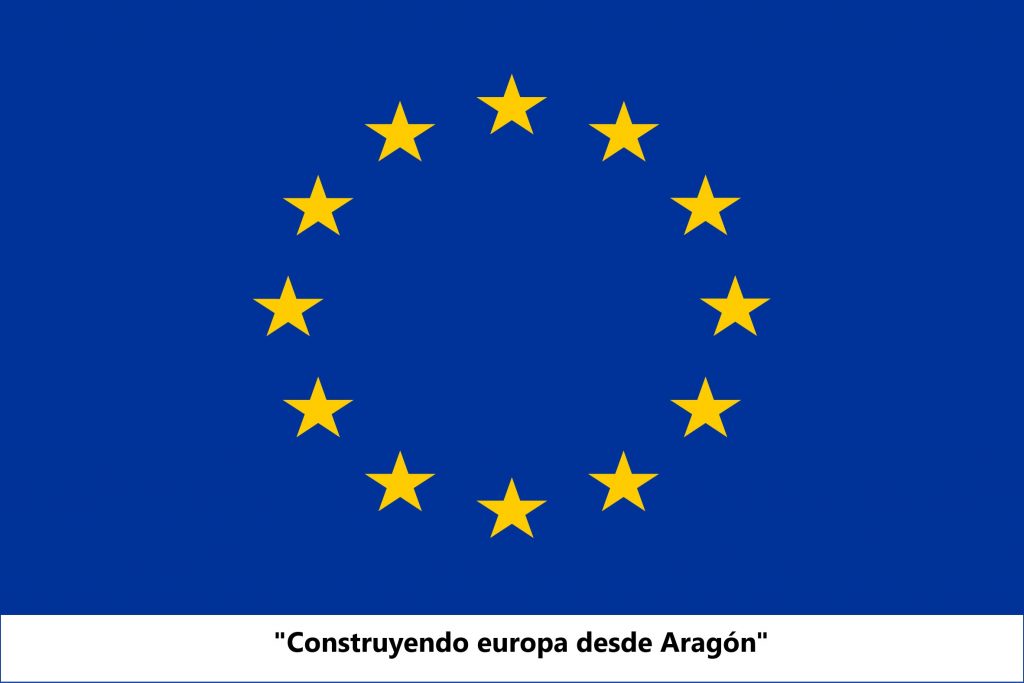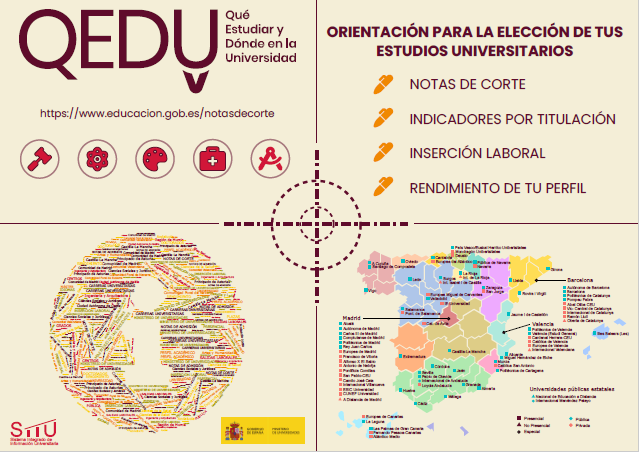Libros de texto
| CURSO | STUDENT´S BOOK. TÍTULO | ISBN |
| 1º ESO | Options for ESO 1Student´s Book (Burlington) | 978 9925 30 894 1 |
| 1º PAI | Options for ESO 1Basic Practice (Burlington) | 978 9925 608 74 4 |
| 2º ESO | Options for ESO 2Student´s Book (Burlington) | 978 9925 30 900 9 |
| 2º PAI | Options for ESO 2Basic Practice (Burlington) | 978 9925 608 76 8 |
| 3º ESO | Options for ESO 3Student´s Book (Burlington) | 978 9925 30 906 1 |
| 1º DIVERSIFIC. | Options for ESO 3Basic Practice (Burlington) | 978 9925 608 78 2 |
| 4º ESO | Options for ESO 4Student´s Book (Burlington) | 978 9925 30 912 2 |
| 2º DIVERSIFIC. | Options for ESO 4Basic Practice (Burlington) | 978 9925 608 81 2 |
| 1º BTO | Burlington Skills for Bachillerato 1Student´s Book (Burlington) | 978 9925 608 62 1 |
| 2º BTO | Burlington Skills for Bachillerato 1Student´s Book (Burlington)
(NO HAY QUE COMPRARLO. LO TIENEN DEL CURSO PASADO) |
978 9925 608 62 1 |
| 1º FPB | Sin libro | |
| 2º FPB | Sin libro | |
1º PAI: Programa de aprendizaje inclusivo (1º ESO)
2º PAI: Programa de aprendizaje inclusivo (2º ESO)
1º Diversificación (3º ESO)
2º Diversificación (4º ESO)
FPB: Formación Profesional Básica.
LOS LIBROS NO ENTRAN EN EL BANCO DE LIBROS
Libros de lectura
| CURSO | TÍTULO | AUTOR | NIVEL | ISBN |
| 1º ESO | The Ghost Teacher | Julie Hart | E1 | 978 9963 48 546 8 |
| The Wind in the Willows | Kenneth Grahame | E1 | 978 9963 48 161 3 | |
| Five Children and It | E. Nesbit | E1 | 978 9963 47 310 6 | |
| Uluru | Helen Burton | E1 | 978 9963 47 328 1 | |
| 2º ESO | A dangerous game | Dominic Butler | E2 | 978 9925 30 344 1 |
| A stranger in the past | Julie Hart | E2 | 978 9963 273 57 7 | |
| All about USA | Emily Winston | E2 | 978 9963 51 013 9 | |
| Tutankhamun | Julie Hart | E2 | 978 9963 48 252 8 | |
| 3º ESO | All about Ireland | Emily Winston | E3 | 978 9963 51 153 2 |
| Going for Gold | Anthony Teasdale | E3 | 978 9963 48 571 0 | |
| The Lost World | Sir Arthur Conan Doyle | A2 | 978 9963 51 608 7 | |
| The Ghost of Featherstone Castle | Elspeth Rawstron | E3 | 978 9963 47 553 7 | |
| 4º ESO | All about South Africa | Phillipa Tracy | E4 | 978 9963 48 771 4 |
| My family and Other Animals | Gerald Durrell | E4 | 978 9963 626 29 8 | |
| The Monkey’s Paw and other horror stories | Retold by Anthony Teasdale | E4 | 978 9963 48 558 1 | |
| A Safari Mystery | Micky Jenkins | E4 | 978 9963 47 511 7 | |
| 1º BTO | All about the cinema | Suzanne Eastwood | B1 | 978 9925 30 160 7 |
| Women who made a difference | Jill Alexander | B1 | 978 9963 273 60 7 | |
| A Foreigner in Britain | Ramón Ibarra Rubio and Fiona Smith | B1 | 978 9963 51 025 2 | |
| The secret diary of Adrian Mole | Sue Townsend | B1 | 978 9963 48 877 3 |
Enlaces a páginas web para practicar inglés
- www.burlingtonbooks.es/realenglish (1,2,3 y 4) dependiendo del curso .
- www.thebritishcouncil.org (hay una gran cantidad de recursos de ayuda)
- www.bbc.com (temas de actualidad para bachillerato)
- www.ompersonal.com/omexercise/contenidotematico.htm (ejercicios de gramática con respuestas)
- www.eslcafe.com (ejercicios de diferente tipología: multiple choice, verbs, idioms etc)
- www.esl lab.com (ejercicios de comprensión auditiva)
- www.agendaweb.org(todo tipo de ejercios)
- www.esl lab.com (comprensión auditiva)
- www.wordreferece.es (diccionario)
CONTENIDOS (ORIENTATIVOS)
Los contenidos que se tratan en cada uno de los cursos son los siguientes:
PRIMERO ESO / 1º PAI
Gramática:
- Pronombres objeto y sujeto.
- To be: afirmativo, negativo y preguntas,
- Preguntas.
- Posesivos.
- Adjetivos posesivos.
- To have got.
- There is/ There are, there isn´t/ there aren´t
- Is there…?/ Are there?
- Comparativo.
- Adverbios de frecuencia.
- Presente simple: Afirmativo, negativo e interrogativo.
- Superlativo.
- Can (habilidad)
- Cuestiones : How.
- Must/mustn´t
- Presente continuo: afirmativa, negativa e interrogativa.
- Contraste: Presente simple/ presente continuo.
- Nombres: contables e incontables.
- Some, any, much, many, a lot of.
- Imperativos.
- Like+ ing.
- Pasado simple: To be: afirmativo, negativo e interrogativo.
- There was /There were.
- Pasado simple: afirmativo, negativo e interrogativo.
- Expresiones: pasado simple.
- Be going to: afirmativo, negativo e interrogativo.
- Will /Won’t.
Vocabulario
- Tiempo libre.
- Países y nacionalidades.
- Lugares, posesiones.
- Habitaciones y mobiliario.
- Número ordinales.
- Lugares en una ciudad.
- Adjetivos: Lugar.
- Rutinas diarias.
- Días especiales.
- Expresiones de tiempo.
- Animales.
- Habilidades de los animales.
- Asignaturas.
- Comida.
- Adjetivos: salud.
- Deportes.
- Describir: personas.
- Verbos: eventos de la vida.
- Vacaciones.
- Tiempo atmosférico.
Expresión escrita:
- Descripción de una casa perfecta.
- Descripción de una ciudad.
- Descripción de un día especial.
- Animales en peligro.
- E mail: escuela.
- Blog: comida.
- Deporte
- Entrevista.
- E mail: planes del fin de semana.
- SEGUNDO ESO / 2º PAI
Gramática:
- To be: afirmativa, negativa e interrogativa.
- Adjetivos posesivos.
- Pronombres interrogativos.
- Have got.
- There is, there are.
- Preposiciones de lugar.
- Presente simple: afirmativa, negativa e interrogativa.
- Presente simple /presente continuo.
- Pasado simple: To be.
- There was/there were.
- Pasado simple.
- Pasado continuo: afirmativo, negativo e interrogativo.
- Pasado simple/pasado continuo.
- Comparativos, superlativos.
- Habilidad: can/could.
- Preguntas: How.
- Primer condicional: will, won’t.
- Must/should.
- Be going to/ will.
- Be going to: preguntas.
- Presente continuo: futuro.
- Pronombres indefinidos.
- Pronombres relativos.
Vocabulario:
- Familia.
- Escuela.
- Actividades: tiempo libre.
- Comunicación.
- Al teléfono.
- Cuantificadores.
- Adjetivos: opinión.
- Verbos comunes.
- Acciones y movimientos.
- Adverbios y adjetivos.
- Periodos de tiempo, números y medidas.
- Trabajos y destrezas.
- Equipo de supervivencia.
- Música, instrumentos.
- Sentimientos.
- Heridas.
- Vacaciones.
- Actividades de verano.
- Adjetivos de personalidad.
- Expresión escrita:
- Párrafo acerca de la escuela.
- Web page
- Encuesta.
- Descripción de un evento especial.
- Descripción de un evento.
- Biografía.
- Consejo para estudiantes.
- Escrito sobre una canción.
- E mail: accidente.
- E mail: campamento de verano.
TERCERO ESO / 1º DIVERSIFICACIÓN
Los contenidos son:
Gramática:
- Presente simple y continuo.
- Pasado simple y continuo.
- Uso de “used to”.
- Diferencia entre pasado simple y continuo.
- Pasado del verbo “to be”. There was / were.
- Expresión de pasado: ago
- Presente perfecto.
- Diferencia entre pasado simple y presente perfecto.
- Presente perfecto y presente continuo.
- Pasado perfecto.
- Partículas del pretérito perfecto: for, since, yet, ever, still, never, already, just.
- Futuros “will” y “be going to”.
- Cuantificadores: some, any, much, many, a lot of.
- Comparativos y superlativos.
- Modales: can, could, be able to, must, have to, should, might, need to.
- Oraciones condicionales 1º y 2º tipo.
- Estilo indirecto (ofrecimientos, sugerencias y mandatos)
- Question tag.
Vocabulario relativo a los siguientes temas:
- Rutinas.
- Moda.
- Intereses.
- Sentidos y sentimientos.
- Adjetivos para describir físicamente y lugares.
- Naturaleza y medio ambiente.
- Consumo.
- Estilos de vida.
- Vida escolar.
- Adjetivos de personalidad.
- Cine.
- Literatura.
Expresión escrita:
- Apoyar una idea con argumentos.
- Formular una página de preguntas frecuentes (FAQ).
- Redactar una crítica.
- Redactar un escrito reflexivo.
- Ensayo de opinión.
- Reseña de un libro o película.
- Narrar una historia.
CUARTO ESO/2º DIVERSIFICACIÓN:
Gramática:
- Present Simple / Present Continuous
- Past Simple / Past Continuous
- Future with will and be going to.
- Present Perfect Simple.
- Past Perfect Simple.
- Present Perfect Continuous.
- Yet, already, for, since and others used with perfect tenses.
- Used to.
- Infinitives and gerunds.
- Comparatives and superlatives.
- Relative pronouns and relative clauses.
- Passive voice.
- Conditional sentences.
- Reported Speech.
- Quantifiers.
- Reflexive and emphatic pronouns.
- Questions tags
- Modal verbs.
- Subject and Object Questions.
Vocabulario
- Social media and the Internet
- Frequency expressions.
- Digital technology nouns.
- Memories. Descriptive adjectives;
- Making decisions; Phrases with get;
- Money and Marketing: verbs and nouns;
- Shopping: verbs and nouns;
- Noun+ Noun combinations;
- Emotions: Nouns and Adjectives; Music and mood: Verbs;
- Compound adjectives;
- Discovery: Nouns and Verbs; Life and the Universe: nouns;
- Types of people: nouns; Personality and experiences: adjectives, nouns, verbs; Idioms and proverbs;
- Cities: Compound nouns; Building and archaeology: verbs;
- Comparatives / Superlatives;
- Crime and criminals: nouns; Reporting speech: verbs; Negative prefixes;
Expresión escrita
- A blog post about an eventful day.
- Report on a survey.
- An online gift guide.
- Post on an advice fórum.
- Opinion essay.
- A formal letter.
- Tourist Information leaflet.
- Discussion essay.
- An online CV
1º BACHILLERATO
GRAMÁTICA:
- Presente simple y continuo
- get/ be used to ing // used to
- Pronombres reflexivos
- Past simple/ continuous
- Presente perfecto ( simple y continuo) expresiones de tiempo
- Pasado perfecto ( simple y continuo ) used to / would para hábitos en el pasado
- Futuro: will, be going to, presente simple y contínuo con significado de futuro, Futuro continuo
- Verbos modales (habilidad, permiso, consejo, obligación, prohibición, posibilidad, probabilidad, certeza. Modales perfectos
- Estilo indirecto
- La voz Pasiva, Causativas
- Condicionales ( cero, primera, segunda, tercera, unless, in case, as long as, only / even / if)
- Oraciones de relativo y pronombres relativos: defining and non defining
VOCABULARIO:
- Descripción de personas
- Libros y películas
- Tecnología
- Partes del cuerpo, salud
- Comunicación, costumbres y cultura
- Viajes y transporte
- Animales
- Educación
EXPRESIÓN ESCRITA:
- Completar una solicitud
- Biografía
- Crítica de un producto on line
- Informe
- e mail informal
- Ensayo con argumentos a favor y en contra
- Ensayo sobre un tópico
- E mail formal / Investigación
2º BTO
GRAMÁTICA
- Presente simple y continuo
- Pasado simple y continuo
- Presente perfecto y pasado perfecto
- Presente Perfecto y Pasado Perfecto Continuo
- Futuro simple y “be going to”
- Futuro perfecto y futuro continuo
- Oraciones de relativo
- Verbos seguidos de infinitivo / gerundio
- Verbos modales (presente y pasado)
- Estilo directo y estilo indirecto
- Voz pasiva
- Oraciones condicionales
- Oraciones temporales
- Oraciones desiderativas
- Oraciones finales
VOCABULARIO: el relativo a los temas que entran en el examen de selectividad:
- Vida familiar
- Cine, radio y televisión.
- Tiempo libre
- Viajes y turismo
- Juventud
- Salud y medio ambiente.
- Tecnologías de la información y la comunicación
EXPRESIÓN ESCRITA:
- Describir a personas, lugares y eventos
- Narrar acontecimientos pasados, presentes y futuros.
- Argumentar acerca de un tema.
- Escribir una biografía.
- Escribir un texto de opinión.
- Escribir un texto explicativo / informativo
- Escribir una carta.
FORMACIÓN PROFESIONAL BÁSICA. MÓDULO DE COMUNICACIÓN Y SOCIEDAD I
| UNIDAD | TEMA/FUNCIÓN Y EXPRESIÓN/ COMPRENSIÓN ORAL | GRAMÁTICA | VOCABULARIO | LECTURA/ESCRITURA |
|---|---|---|---|---|
| 1 |
|
|
|
|
| 2 |
|
|
Trabajos Números
Días de la semana Frutas y verduras Materias primas relacionadas con la comida |
|
| 3
|
|
|
|
|
|---|---|---|---|---|
| 4 |
|
|
|
|
| 5 |
|
Afirmativa
|
|
|
| 6 |
|
negativa, interrogativa |
|
|
FORMACIÓN PROFESIONAL BÁSICA. MÓDULO DE COMUNICACIÓN Y SOCIEDAD II
| UNIDAD | TEMA/FUNCIÓN Y EXPRESIÓN/ COMPRENSIÓN ORAL | GRAMÁTICA | VOCABULARIO | LECTURA/ESCRITURA |
|---|---|---|---|---|
| 4 | Saludos, presentaciones, información personal | To beHave got
Present Simple Verbo like A/An/Some/Any There is / There are |
SaludosLa clase
Países y nacionalidades Comidas del mundo |
Leer acerca de un trabajoEscribir información personal |
| 5 | Hablar sobre habilidades y posibilidades | Verbo canPreposiciones de tiempo | VerbosDías de la semana
Meses del año Lugares de una ciudad Tipos de restaurantes |
Lectura acerca de unos grandes almacenesEscribir sobre las cosas que hacemos y lugares a los que vamos |
| 9
|
Hablar sobre actividades y acciones actuales | Present Continuous | VerbosAcciones realizadas en la cocina
Adjetivos |
Leer sobre un deporte o actividad popularDescribir lo que alguien está haciendo en el momento presente |
| 10 | Hablar sobre rutinas y su contraste con acciones que están ocurriendo actualmenteIndicar direcciones | Contraste Present Simple / Present ContinuousVerbos estáticos | Actividades de tiempo librePartes del cuerpo
Direcciones Formas de cocinar |
Leer sobre actividades del tiempo libre Escribir una descripción de actividades del tiempo libre |
| 14 | Hablar sobre el pasado | Past SimpleThere was / There were | EmocionesAdjetivos
Actividades vacacionales Animales |
Leer descripciones sobre el pasadoEscribir una descripción en pasado y sobre actividades realizadas la semana pasada |
| 15 | Hacer prediccionesHacer planes | Futuro: will, be going to y Present Continuous con valor de futuro | EstacionesEl tiempo
Transporte Preparaciones de comida |
Lectura de un e mail
Escribir planes para mañana |

